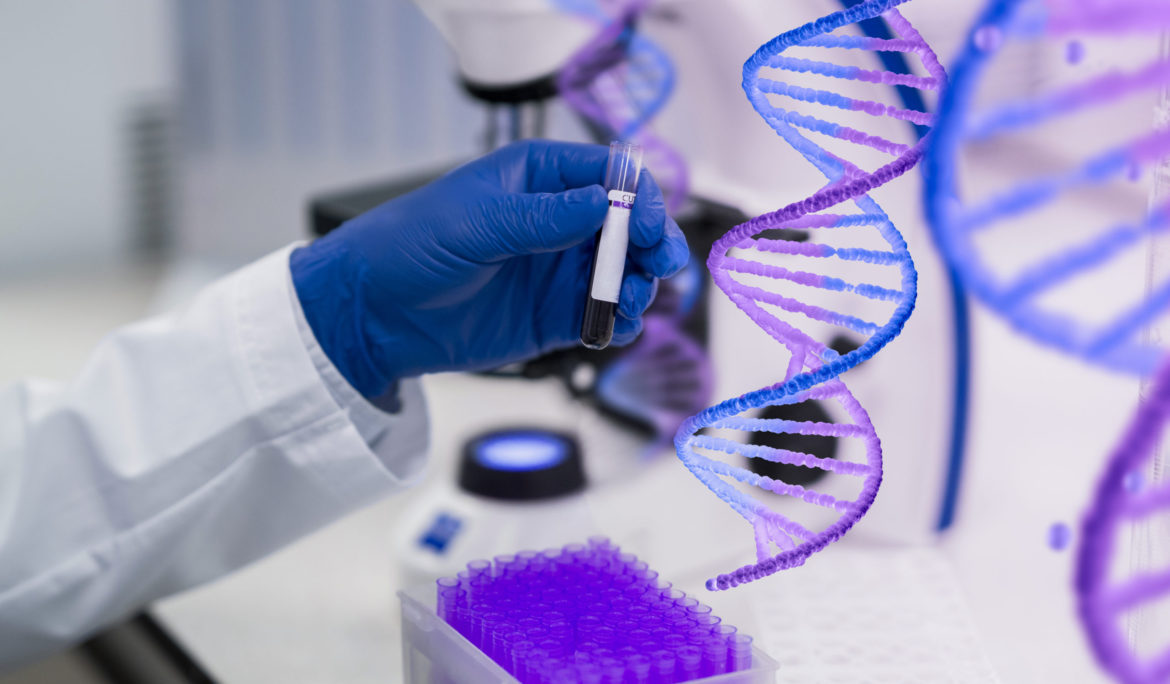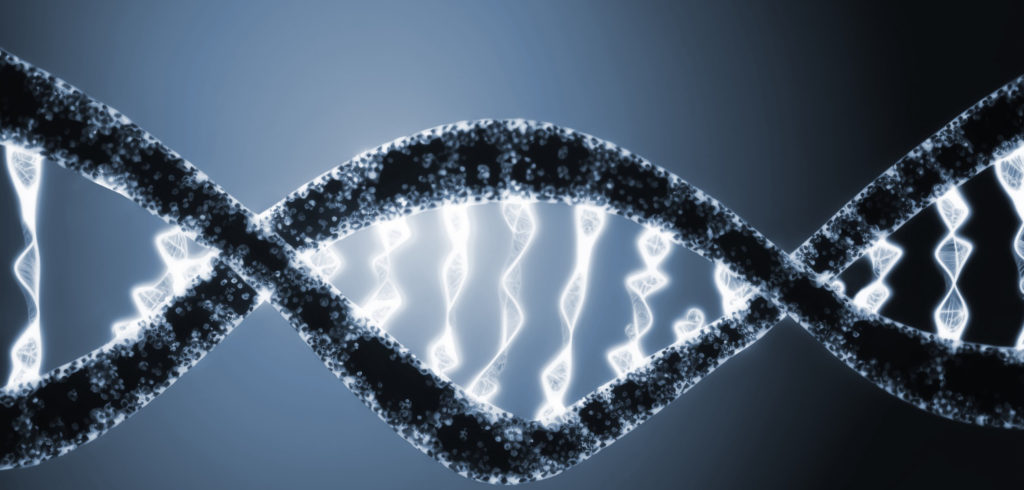Genetic Analysis of a Thousand Embryos Unveils Critical Insights into Human Development and Advances in IVF

In a groundbreaking study set to be published in Genome Medicine, a collaboration between researchers from Johns Hopkins and London Women’s Clinic in the UK has offered unprecedented insights into the fate of embryos following human in vitro fertilization (IVF). The study involved genetic testing of close to a thousand embryos, aiming to unravel the complex early stages of pregnancy through natural means.
The research unveiled a significant revelation: nearly half of the embryos examined experienced developmental arrest due to genetic anomalies in the early stages of their development. This discovery holds promise for potentially enhancing the IVF process to improve the chances of successful embryo development, offering hope to couples navigating fertility treatments.
One notable finding of the study was the distinct trajectory observed in embryo growth, where embryos initially displayed proper growth while under the influence of maternal genetic material. However, this growth faltered and stalled when the embryo’s own genes took control, shedding light on the intricate dynamics of early embryo development.
A critical genetic anomaly observed was aneuploidy, characterized by abnormal chromosome numbers. The researchers noted unusually high rates of aneuploidy during early human embryo development, a phenomenon that has been linked to pregnancy loss and miscarriages. Importantly, this characteristic is comparatively rare in many other species, underscoring the uniqueness of human reproduction.
The implications of aneuploidy and its role in embryo development shed light on the natural selection process occurring in human reproduction. Understanding these genetic abnormalities could hold the key to enhancing genetic testing and, consequently, improving outcomes in IVF treatments.
Looking ahead, the research team plans to delve deeper into specific cells from arrested embryos to ascertain whether abnormal cell divisions are attributed to maternal or paternal genetics. Additionally, they aim to investigate how factors like the chemical composition of the growth medium used for embryos might be optimized to enhance embryo survival and growth.
This groundbreaking research not only advances our understanding of human embryo development but also has the potential to revolutionize genetic testing and improve outcomes in IVF, bringing new hope to those on the path to parenthood.
Source
McCoy, R. C., et al. (2023). Meiotic and mitotic aneuploidies drive arrest of in vitro fertilized human preimplantation embryos. Genome Medicine. doi.org/10.1186/s13073-023-01231-1.



